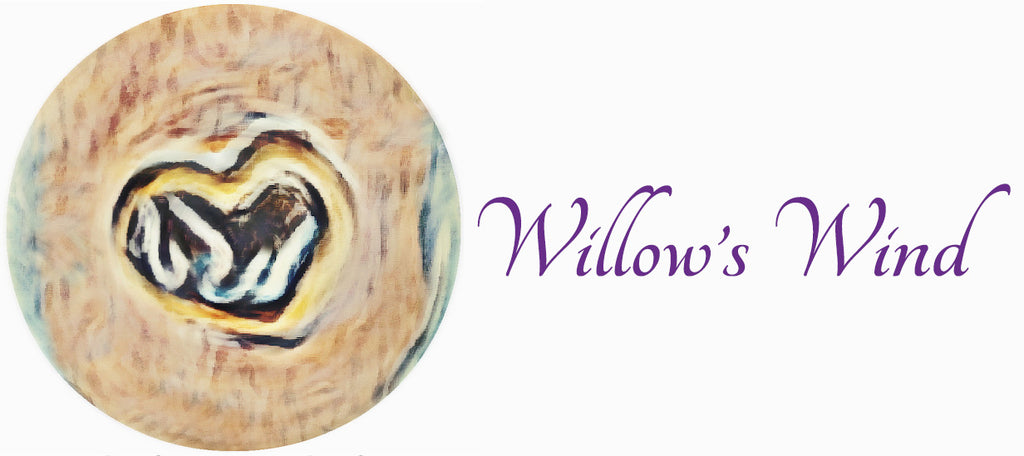About
About the Vision of Willow’s Wind
I live with my husband and three sensitive, creative children. Years back I received my Master of Divinity from Palmer Seminary, and a Master of Social Work from the University of Maryland. I was trained as a Chaplain at John Hopkins Hospital and ordained as a minister in the Mennonite Church. I’ve served in various types of pastoral care roles – in the New York, an underprivileged community of Baltimore City, as well as in Malawi, Africa.
When I was in Malawi, children would travel from long distances to stay on the wards for many months at a time, often in wait for the hope of a life-saving surgery. Many such patients, as well as their caregivers, had been led to believe their suffering was a punishment from God. Some had been rejected and falsely accused of witchcraft. Sadly, such concepts were often coming from Christian cultural thinking and fears passed on. Nonetheless, the children and their families had a lot of downtime and I experienced great receptivity for pastoral care. However, I also found that I had to invent my own creative games, tools, and imaginative-prayer songs in order to try and shift distorted ideas about God. I had to be independently innovative if I wanted healing biblical bridges to help others connect with God in restorative new ways.
It may not be as readily obvious at first in whatever our own cultural contexts are, but I’ve found intervention tools just as valuable in America! Here in the states, when visiting homebound patients as a chaplain, the topic of suffering would often come up. Wrestling with ‘why’ questions and believing God’s hand was directly involved were the most typical reasons I heard people express for feeling distant in their relationships with the Lord. Perhaps too many wrongly applied Christian-cultural sayings like “God won’t give you more than you can bear” or “God took him/her for a reason” have sunk in, painting images of a God that fills us up with pain but just to a certain point, or of Him killing loved ones for selfish means. Sometimes patients would ask me for encouraging reading materials to guide them through their difficult seasons. While many great devotionals exist, not so many are written in holistically thought-through ways to singularly target those who are suffering. The ones that do zero-in on grief or illness issues often have a mixture of some potentially helpful and injurious messages. For example, it’s not uncommon to read reflections offering oversimplified explanations for loss and pain that could easily leave one feeling blamed or believing that God is in the business of orchestrating cruel plots against people.
Similarly, I am a mother of children who are deep and profound, but also prone to anxiety. I’ve taught many at-risk youth and children about God over the years, including my own. There are some great resources out there, especially some experientially oriented ones. However, I’ve found it rare to find Christ-centered resources that were attentive to common mental/emotional vulnerabilities and needs. Many curriculums are focused on conveying stories and truths, while reinforcing how to please God with good moral behavior choices. While that’s not all bad, it can easily leave kids feeling shame, fear, and uncertainty about whether they are good enough. Some typical faith-based lessons even share cheap renditions of very complex potentially traumatizing stories, assuming they are safe for all ages just because they are ‘in the book’ (the flood, Abraham sacrificing Isaac…). Along with this, references to evil can be communicated in unhelpful ways or words leaving children more scared than strengthened in faith. Ideally, Christian settings are more, not less healing for children with anxiety issues, but sadly I’ve found that not always to be the case and have felt the need to develop some of my own resources.
Many adults are also living in need of greater inner healing, with emotional wounds that have remained untouched from childhood but still affect their view of God and themselves. Jesus wants to reveal, redeem, and restore evermore with His endless love. Yet far too many of us continue to unknowingly live in accordance with misguided unbiblical beliefs that are oppressive and fear-based, lacking an abiding awareness of Christ’s passionate, intimate emotional love. Such unaddressed need is a barrier to fuller, deeper transformative experience of God’s true love.
My greatest insights have come through personal struggles and during times when I have been trying to support those closest to me as they have suffered in chronic and acute ways. There are, of course, exceptions on all sides, but I experienced a surprising void of empathy-rich interventions in the secular realm. On the other hand, I’ve also experienced how ill-informed and ill-prepared Christian initiatives can be when it comes to noticing red flags and supporting those dealing with mental health issues, complex manipulative dynamics, chronic or complicated suffering situations, and the like.
I by no means have all the right answers in these regards, but I have felt firsthand the need for more theologically and therapeutically thoughtful resources. I know I’m not alone in my passion for integrating creative arts with a holistic perspective to emotional and spiritual care approaches. This includes cultivating an awareness of how unaddressed traumas often have profound and lasting effects on our lives that can affect generations.
Willow’s Wind seeks to develop, provide and gather together unique Christ-centered products and resources responsive to these matters. In this heart-broken world full of trouble, aren’t we disheartened by forms of godliness being exposed as empty of substance inside? Isn’t there a growing desire to experience more of God’s healing genuine love?
If you find that you have been having similar thoughts, and/or resonate with these points…then please consider yourself a part of this initiative and stay connected as you are able with Willow’s Wind!
- Elita Barnhart
